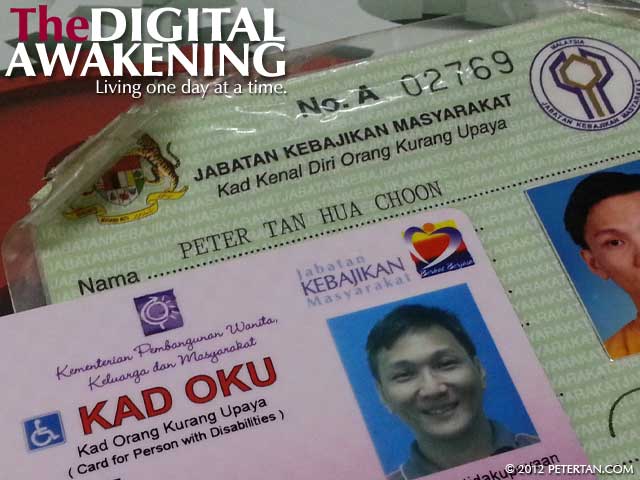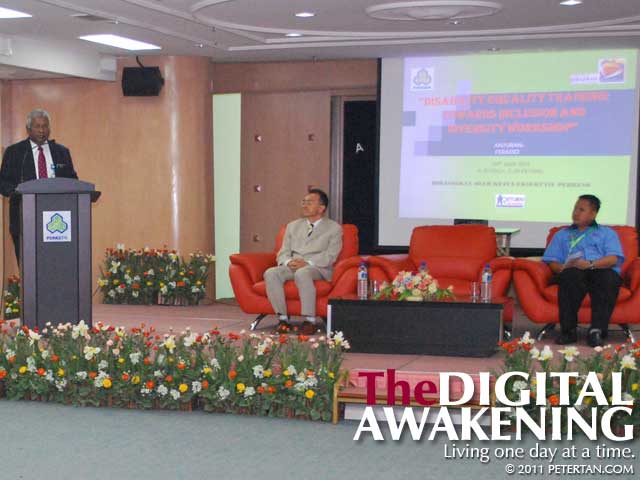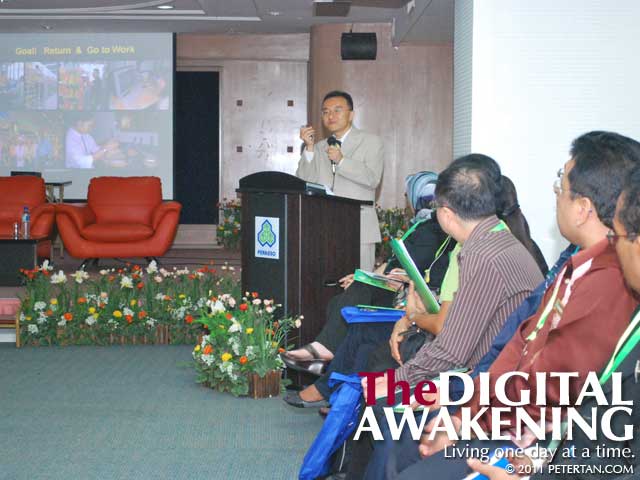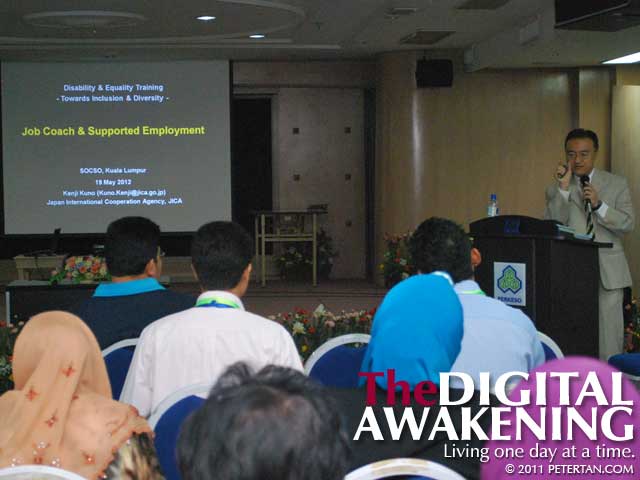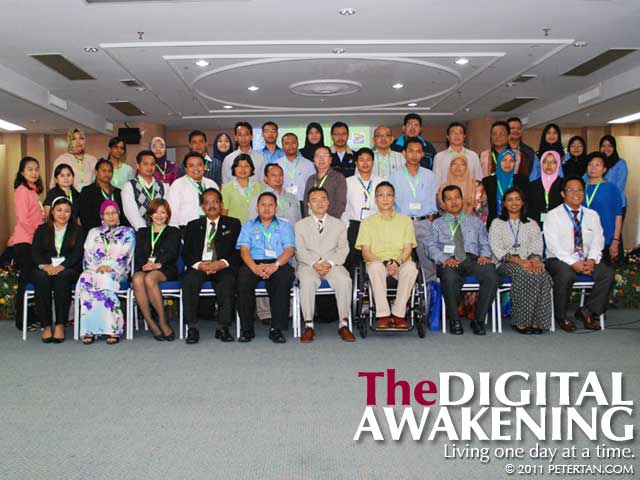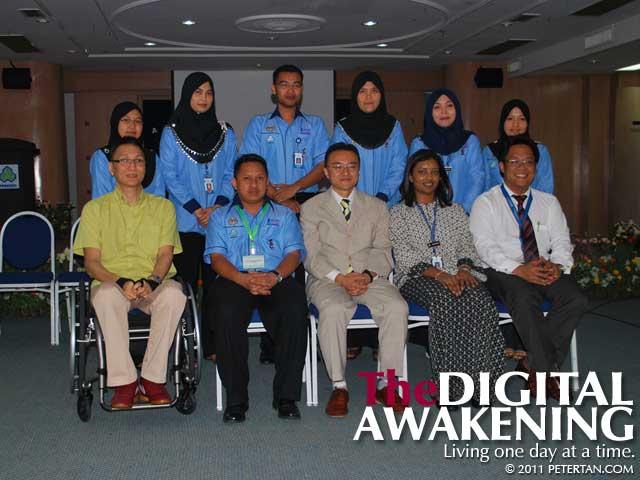Press Release: Human Rights Day 2010: “Against All Odds”
Thursday, 09 December 2010 10:40am
On 10 December this year, the Bar Council Human Rights Committee once again joins the rest of the world in celebrating Human Rights Day.
Our focus this year is on the rights of persons with disabilities.
Malaysia recently ratified the Convention on the Rights of Persons with Disabilities (“CRPD”). While the Malaysian Bar welcomes this move, there are still grave concerns on the Government’s reservations to Article 3 on general principles, Article 5 on equality and non-discrimination, Article 15 on freedom from torture or cruel, inhuman or degrading treatment or punishment, Article 18 on liberty of movement and nationality, and Article 30 on participation in cultural life, recreation, leisure and sport.
Malaysia has also not signed or ratified the Optional Protocols of CRPD, which grant specific rights to the citizens/residents of a country to refer their government to the international supervisory committee for non-compliance with any of the articles.
Locally, the Persons with Disabilities Act 2008 has yet to be amended to provide for any form of punishment or remedy for breaches.
These are fundamental issues that need to be addressed, to give full force and effect to the CRPD, without which the rights of persons with disabilities in this country are not even close to being fully acknowledged, what more protected.
Aimed at raising public awareness on rights of persons with disabilities, “Against All Odds” will feature a Public Forum on Persons with Disabilities Act 2008 that will take place on 12 December 2010 (Sunday) from 2:00 pm to 5:00 pm at the Bar Council Auditorium, No 15, Leboh Pasar Besar, 50050 Kuala Lumpur.
Invited panellists, and the topics of discussion, are:
(a) Professor Dr Tiun Ling Ta, President, Persatuan Orang Cacat Anggota Malaysia: “Opportunities in education – early, primary, secondary and tertiary”;
(b) Zakaria b Yahaya, Teacher, Sekolah Menengah Pendidikan Khas Setapak, Kuala Lumpur: “Observation and expectation from the vocational and recreational perspectives”;
(c) Helen Chin, advocate and solicitor: “Malaysia’s ratification of the UN Convention on the Rights of Persons with Disabilities and human rights for the disabled community in Malaysia”;
(d) A representative from the Human Rights Commission of Malaysia (SUHAKAM) (TBC): “Commitments by the government ministries and agencies”; and
(e) A representative from the Ministry of Women, Family and Community Development (TBC): “Enjoying life from human rights perspectives”.
The forum will be conducted in both Bahasa Malaysia and English.
After a successful inaugural event in 2008, the Bar Council Human Rights Debate is now being featured again in conjunction with the Human Rights Day celebrations. It is a three-day event that will be held from 10-12 December 2010 (Friday to Sunday) at KDU University College, Section 13 Campus, No 76, Jalan Universiti, Petaling Jaya, Selangor.
Aimed at promoting free speech and creating greater awareness and education of human rights standards, while at the same time advocating important principles of international rights law, the theme for this year’s Human Rights Debate is “Against All Odds – Making a Difference for Human Rights”.
Out of RM30,000.00 prize money allocated from registration fees and corporate sponsorships, RM25,000.00 will be donated equally to five institutions caring or advocating for persons with disabilities from all over the country, to be selected by the Bar Council Human Rights Committee. The remaining RM5,000.00 will be awarded as prize money to the champion of the tournament.
Teams from 18 institutions, including some from India, Bangladesh, Philippines and Singapore, as well as local universities such as Universiti Malaya and Universiti Putra Malaysia, have registered for the tournament.
This is a unique debating tournament, the first in the world to be hosted by a statutory body of legal professionals.
Admission to both the public forum and the human rights debate tournament is free, and open to the public. Due to limited space, pre-registration is required in order to attend the public forum. To register, please contact Adi Irman by telephone at 03-2031 3003 ext 105 or by email at adi@malaysianbar.org.my.
Ragunath Kesavan
President
Malaysian Bar
9 Dec 2010
